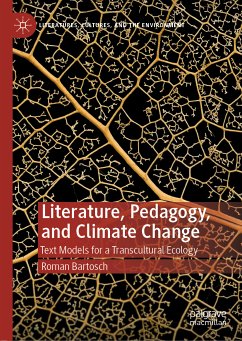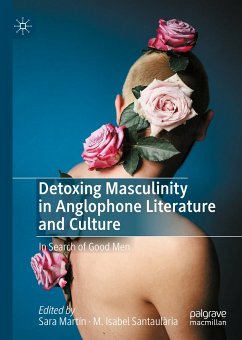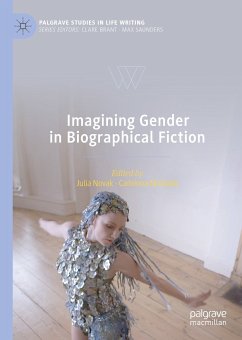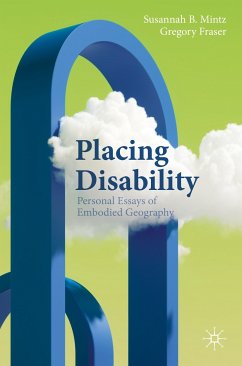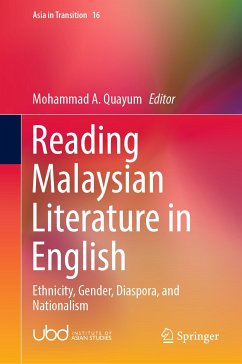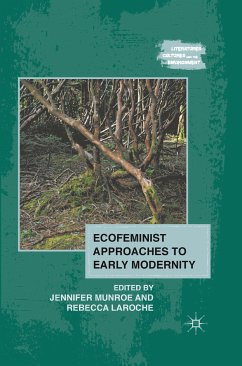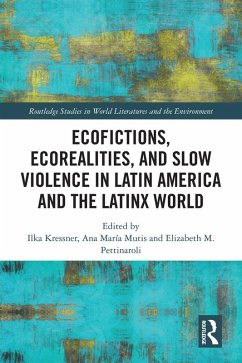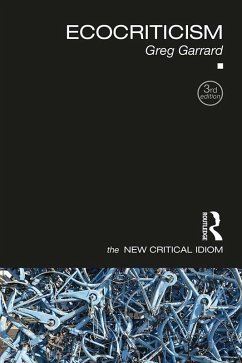
A Malaysian Ecocriticism Reader (eBook, PDF)
Considerations of Nature, Culture, Place and Identities
Redaktion: Yeow, Agnes S. K.; Tham, Wai Liang
Versandkostenfrei!
Sofort per Download lieferbar
112,95 €
inkl. MwSt.
Weitere Ausgaben:

PAYBACK Punkte
56 °P sammeln!
This collection of essays brings together ecocritical interpretations of Malaysian texts - including fiction, nonfiction, and other media / cultural expressions. It includes original works by environmental activists as well as emerging and established scholars, who collectively analyse various aspects of Malaysian ecological discourse.The contributors address crucial - and often controversial - topics such as local ecological imaginations, wildlife conservation, overdevelopment, postcolonial ecological identities, biopolitics, nature and sexuality, nature and race, the commodification of natur...
This collection of essays brings together ecocritical interpretations of Malaysian texts - including fiction, nonfiction, and other media / cultural expressions. It includes original works by environmental activists as well as emerging and established scholars, who collectively analyse various aspects of Malaysian ecological discourse.
The contributors address crucial - and often controversial - topics such as local ecological imaginations, wildlife conservation, overdevelopment, postcolonial ecological identities, biopolitics, nature and sexuality, nature and race, the commodification of nature, nature-culture embodiments and entanglements, human-animal relations, waste and materiality, human and other-than-human agency, toxicity and slow violence, self-representations as well as attitudes towards land, nativity and indigeneity, migrancy and diaspora.
Readers will gain valuable insights into the ways in which environments and ecological relationships are mediated within this national space, while opening up room to theorise beyond its boundaries.
The contributors address crucial - and often controversial - topics such as local ecological imaginations, wildlife conservation, overdevelopment, postcolonial ecological identities, biopolitics, nature and sexuality, nature and race, the commodification of nature, nature-culture embodiments and entanglements, human-animal relations, waste and materiality, human and other-than-human agency, toxicity and slow violence, self-representations as well as attitudes towards land, nativity and indigeneity, migrancy and diaspora.
Readers will gain valuable insights into the ways in which environments and ecological relationships are mediated within this national space, while opening up room to theorise beyond its boundaries.
Dieser Download kann aus rechtlichen Gründen nur mit Rechnungsadresse in A, B, BG, CY, CZ, D, DK, EW, E, FIN, F, GR, HR, H, IRL, I, LT, L, LR, M, NL, PL, P, R, S, SLO, SK ausgeliefert werden.



